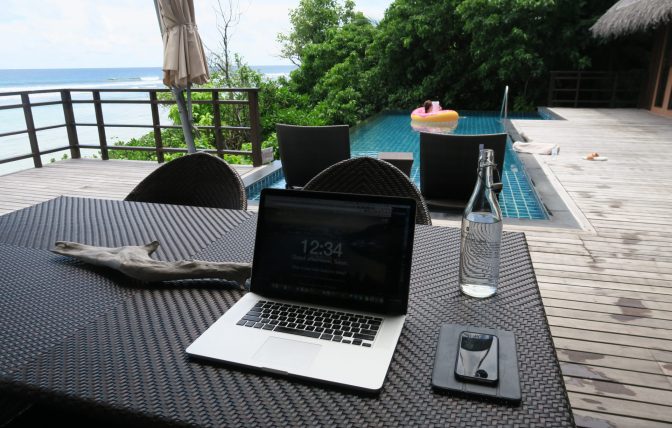


Tracking cookies have been used by tourism marketers as an important tool to gather key information. However with Google’s announcement to phase out the third-party cookie on Chrome browsers by 2022, it is time for the hoteliers to think of an alternative.
For years marketers have been using cookies to track their website visitors, improve the user experience, and collect data that helps them target ads to the right audiences. It is also a tool used to learn about what their visitors are checking out online when they aren’t on their websites.
Google Chrome isn’t the first browser to phase out the third-party cookies but it’s the biggest. In late 2019, Google Chrome made up more than 56% of the web browser market. Chrome also accounts for more than half of all global web traffic.

Source: Statista
Meanwhile, Safari and Firefox, which have blocked third-party cookies since 2013, come in a distant second and third place, respectively.
Since Chrome, Safari, and Firefox will all no longer support this type of data tracking by 2022, publications like Digiday are calling Google’s phase-out the “death of the third-party cookie.”
Tracking Cookies and Hoteliers
The end of cookies and mobile identifiers affects all marketers. However, hotel marketers may feel it more than most. This is because only a minority of guests at a hotel are repeat visitors, so the hotel may have a hard time knowing anything about a site visitor.
Hoteliers need to know every detail there is to know to pitch a deal. Even with this, it is hard for the hoteliers to get the travelers visit their hotel for the second time and without any tracking cookie, they maybe left with no information at all about the travelers.
What can hoteliers do?
Hoteliers need to start considering alternatives now. They should vet any software or solutions that can help for a better transition away from this type of cookies.
Hoteliers could consider strategies or software that can better help and leverage first-party data. They will need to collect first party data by adding a pixel to their website, product, or social media profiles that collects information about behaviors and actions and records it within their CRM. Whenever a visitor lands on or click their website, looks at the offers, engages with a social media post, or fills out a survey, that data can be collected by the business.
Another way is by asking travelers to share their email addresses and other details, which can again be done on their website. Hoteliers will have to take this “first-party data” they collect and hire tech vendors to sort out the data to see who is visiting their hotel sites and apps. The tech vendors essentially match email addresses with ones that consumers voluntarily have given companies like Google, Facebook, Amazon, to sign in for services such as email, photo sharing, and shopping.
Hoteliers need to brainstorm for even more basic strategies that can still be used to reach audiences even without cookies, hyper-targeted ads, or mass amounts of data. They need to come up with ways to collect the traveler’s data in any way possible in the post-cookie future allowing them less vulnerability to technology as well.